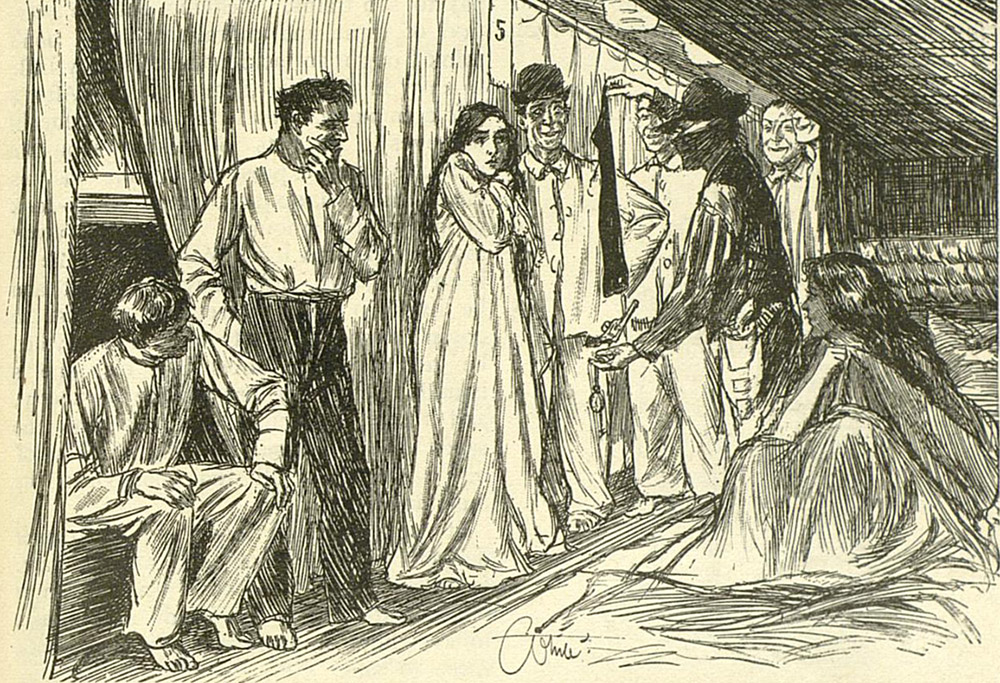
When William Sydney Porter (known to us as O. Henry) was just beginning to strike success after success as a writer, he sent to a friend some thoughts on how to write an autobiographical story: “I would suggest that in writing you assume a character. We have got to respect the conventions and delusions of the public to a certain extent. An article written as you would naturally write it would be regarded as a fake and an imposition. Remember that the traditions must be preserved wherever they will not interfere with the truth. Write in as simple, plain and unembellished a style as you know how. Make your sentences short. Put in as much realism and as many facts as possible. Where you want to express an opinion or comment on the matter do it as practically and plainly as you can. Give it life and the vitality of facts.”
Porter’s friend, Al Jennings, had had a unique career, first as district attorney in Oklahoma Territory and then as the leader of a gang of train robbers. When they wrote the story, Jennings was still in the Ohio State Penitentiary—where Porter himself had spent three years after being convicted of embezzlement.
Jennings mailed Porter a draft describing life as a train robber; Porter transformed it more fully into a short story, “Holding Up a Train;” McClure’s (at the time, one of the nation’s leading magazines) delightedly published it; and the two men split the proceeds. Jennings’s story hardly ends there, however; his life sentence was commuted, and he later became a silent film star and lived in Hollywood area until his death at 98 in 1961.
You can read “Holding Up a Train” at our Story of the Week site, along with an introduction that details Jennings’s somewhat bumbling career as a train robber.



